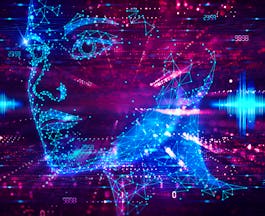Filter by
The language used throughout the course, in both instruction and assessments.
Results for "variational+autoencoders"
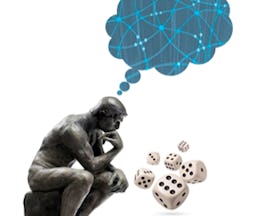
Stanford University
Skills you'll gain: Bayesian Network, Probability & Statistics, Probability Distribution, General Statistics, Graph Theory, Bayesian Statistics, Correlation And Dependence, Markov Model, Network Model, Decision Making

Fractal Analytics

Skills you'll gain: Artificial Neural Networks, Data Analysis, Data Science
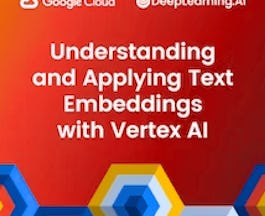 Status: Free
Status: FreeDeepLearning.AI
Skills you'll gain: Natural Language Processing, Python Programming
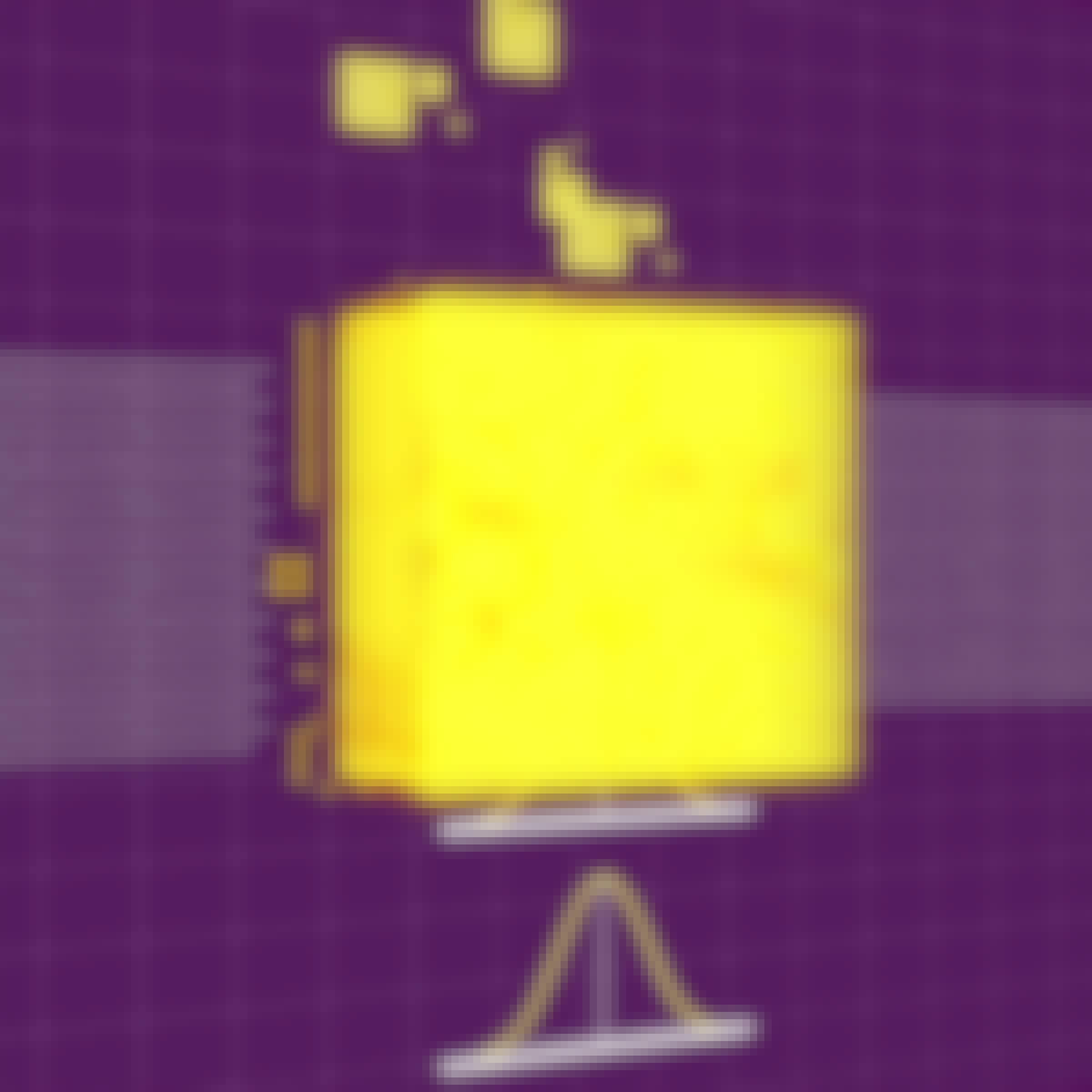
Imperial College London
Skills you'll gain: Probability & Statistics, Statistical Analysis, Computer Programming, Deep Learning, Tensorflow

Skills you'll gain: Reinforcement Learning
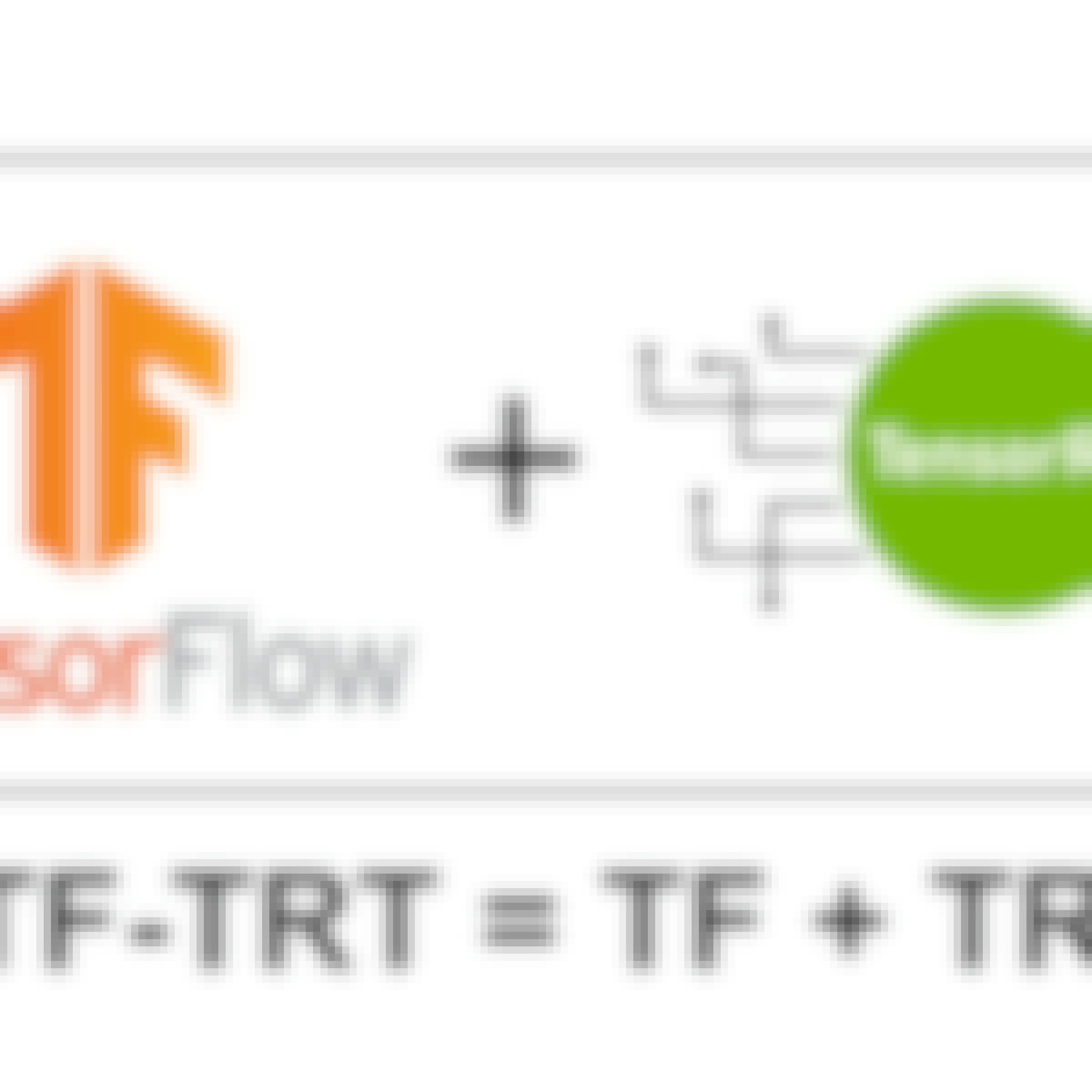
Coursera Project Network
Skills you'll gain: Deep Learning, Python Programming, Tensorflow

University of Colorado Boulder
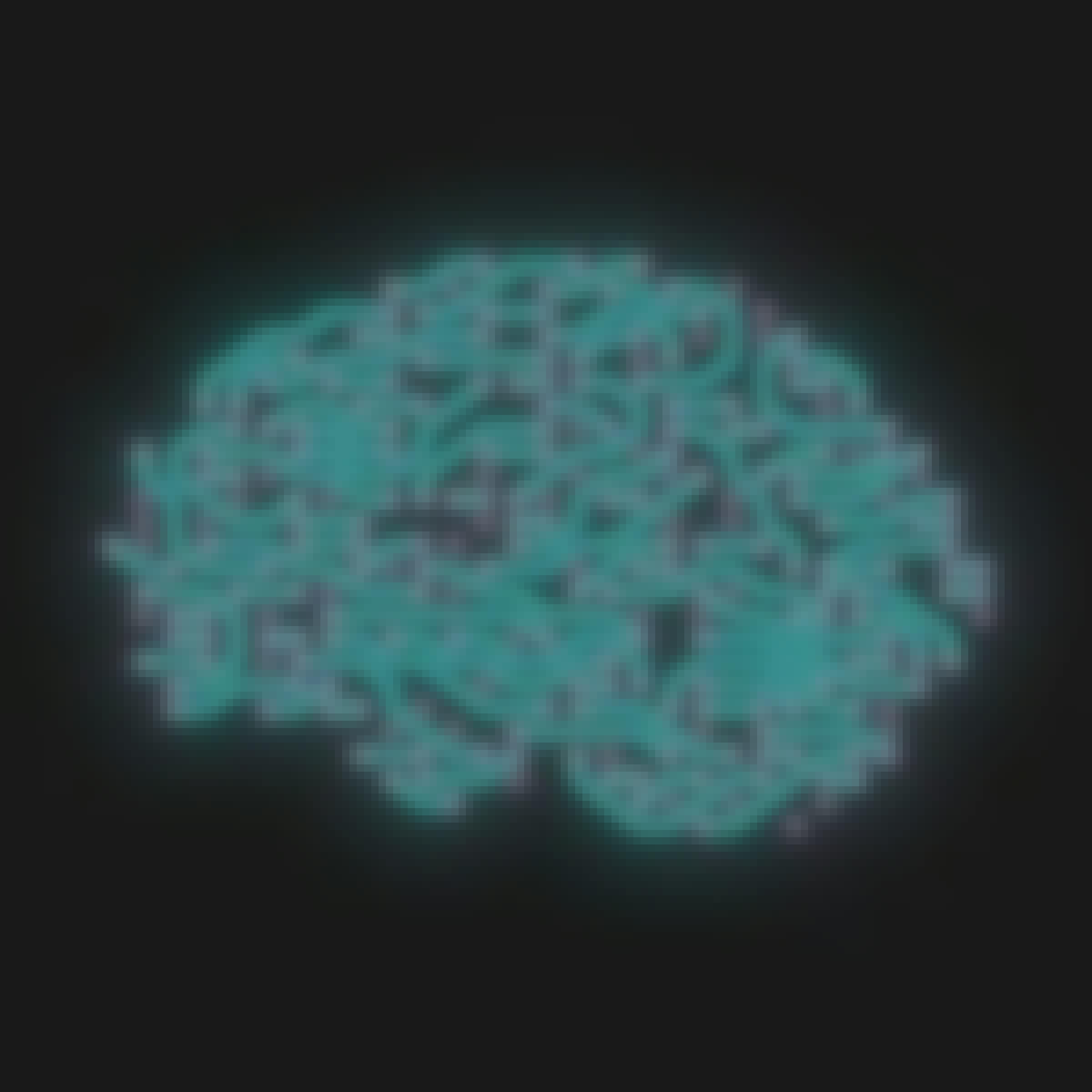
Skills you'll gain: Machine Learning, Natural Language Processing, Artificial Neural Networks, Data Science, Python Programming
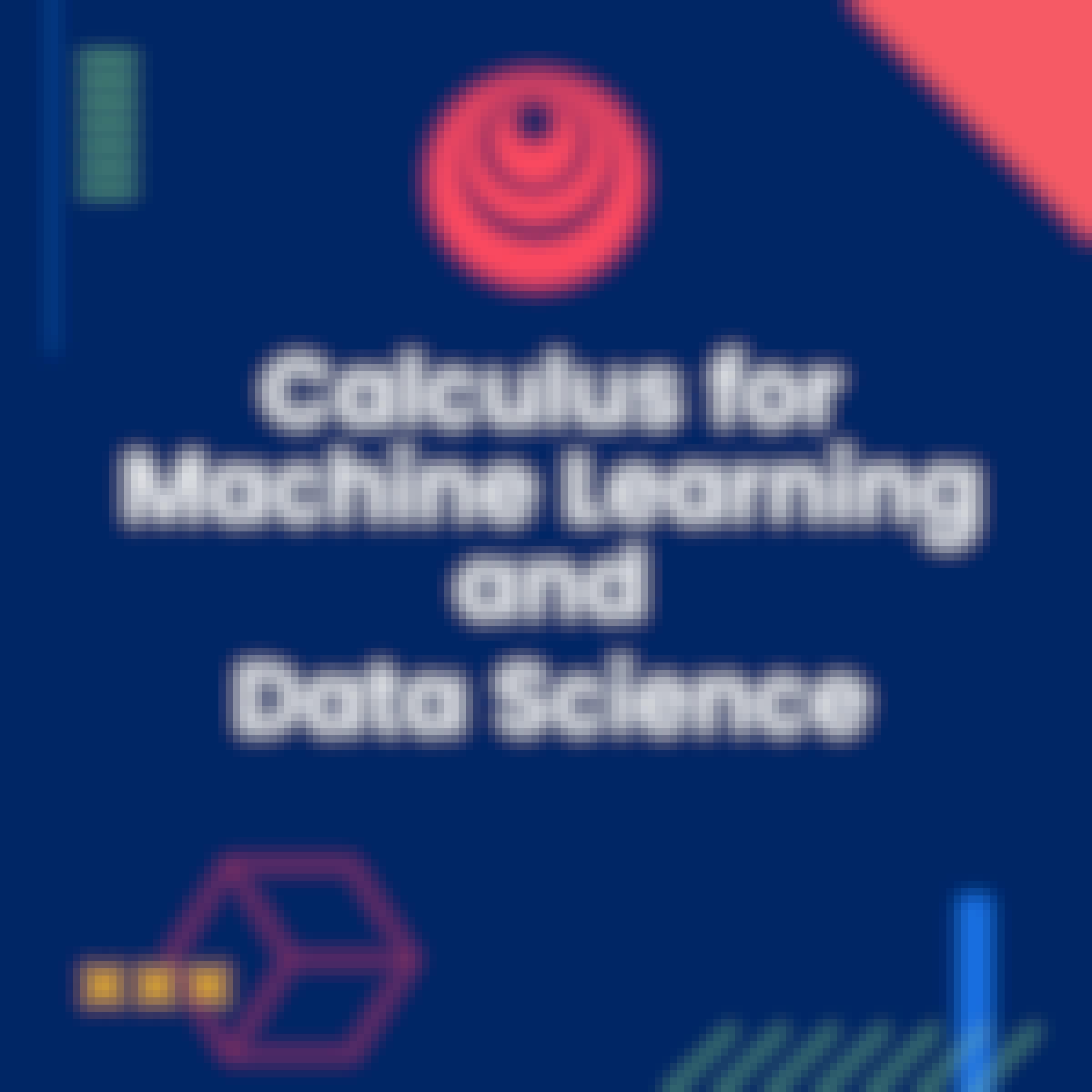
DeepLearning.AI
Skills you'll gain: Machine Learning, Calculus, Differential Equations, Mathematics, Machine Learning Algorithms, Regression, Algebra, Algorithms, Artificial Neural Networks
In summary, here are 10 of our most popular variational+autoencoders courses
- Generative AI: Boost Your Cybersecurity Career : IBM
- Probabilistic Graphical Models 1: Representation: Stanford University
- Generative AI for Business - A Leaders' Handbook: Fractal Analytics
- Generative AI for Data Scientists: IBM
- Understanding and Applying Text Embeddings: DeepLearning.AI
- Gen AI Foundational Models for NLP & Language Understanding: IBM
- Probabilistic Deep Learning with TensorFlow 2: Imperial College London
- Generative AI Advance Fine-Tuning for LLMs : IBM
- Optimize TensorFlow Models For Deployment with TensorRT: Coursera Project Network
- Introduction to Generative AI: University of Colorado Boulder

